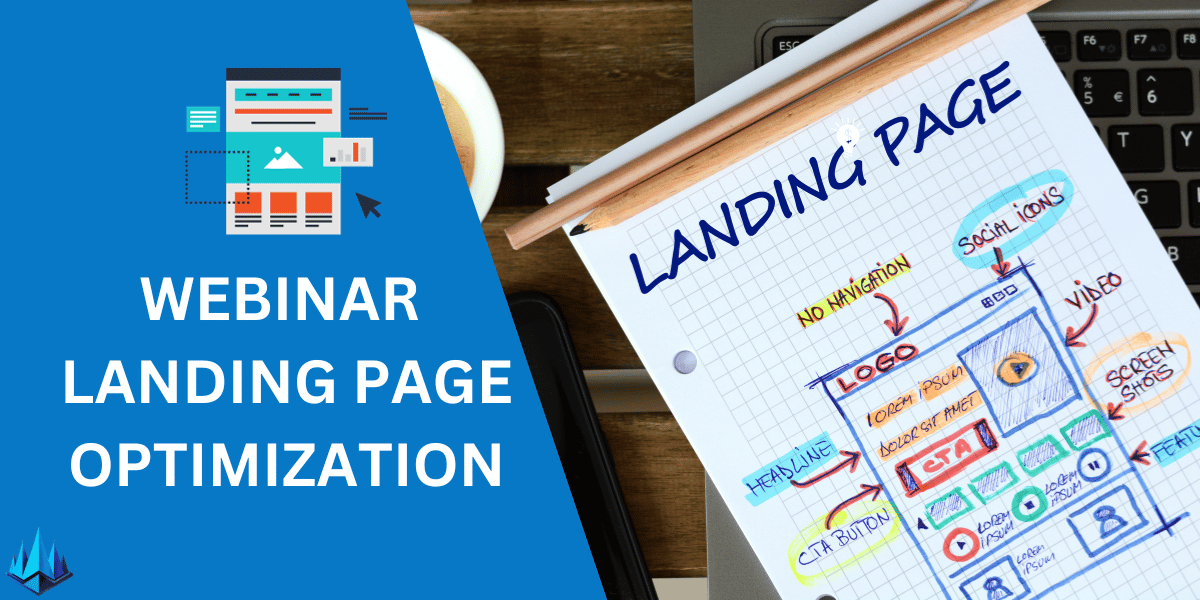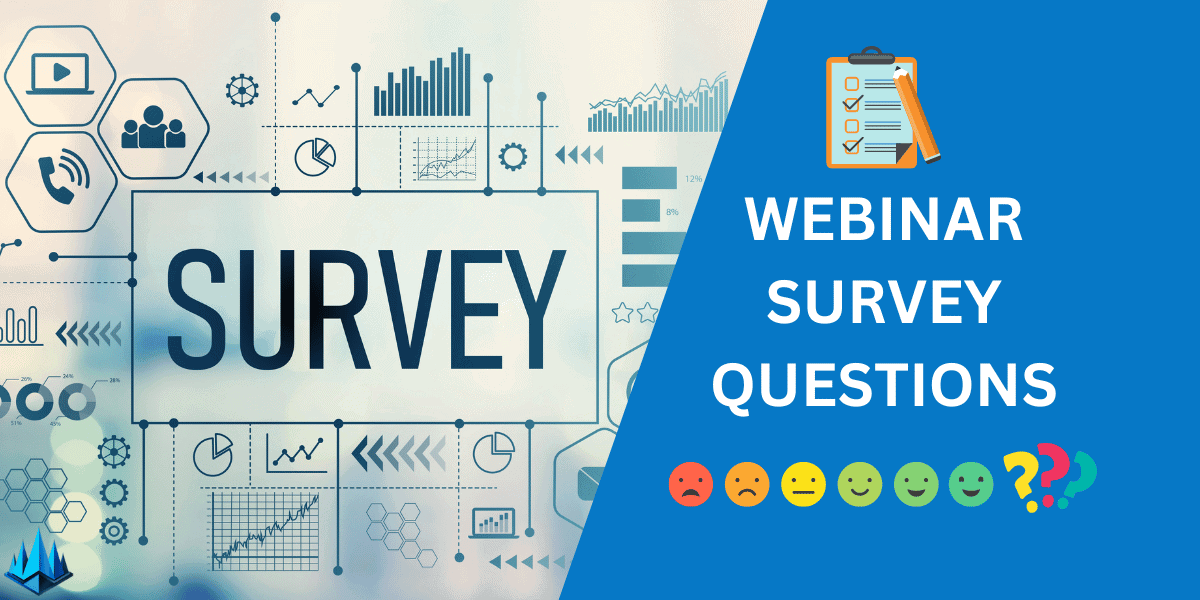Wholesale ecommerce platforms have become increasingly popular in recent years, as businesses look for ways to streamline their operations and reach a wider audience. These platforms offer a range of benefits, including lower costs, greater efficiency, and increased sales. However, with so many options available, it can be difficult to know which platform to choose. In this article, we will explore the best wholesale ecommerce platforms on the market, helping you to make an informed decision that meets your business needs.
When it comes to choosing a wholesale ecommerce platform, there are several factors to consider. One of the most important is understanding the different types of ecommerce and how they work. This includes understanding the role of manufacturers and distributors, the key players in wholesale ecommerce platforms, and the features that make the best platforms stand out. Additionally, understanding B2B customers and the role of retailers in wholesale ecommerce can help you to tailor your platform to meet the needs of your target audience.
Overall, choosing the right wholesale ecommerce platform requires careful consideration of a range of factors. By understanding the key features and benefits of the best platforms on the market, you can make an informed decision that meets your business needs and helps you to achieve your goals.
Understanding Ecommerce
As an ecommerce platform, we understand the importance of having a strong online presence in today’s digital age. Ecommerce has revolutionized the way people shop, making it easier and more convenient for consumers to buy products from the comfort of their own homes. In fact, according to Statista, ecommerce sales in the US are projected to reach $735 billion by 2023.
There are two main types of ecommerce: business-to-consumer (B2C) and business-to-business (B2B). B2C ecommerce refers to online sales made directly to consumers, while B2B ecommerce involves sales between businesses. Both types of ecommerce rely on digital channels and online platforms to facilitate transactions.
Retail ecommerce is a subset of B2C ecommerce that focuses on selling products directly to consumers. Wholesale ecommerce, on the other hand, is a subset of B2B ecommerce that focuses on selling products in bulk to other businesses at a discounted price.
To succeed in ecommerce, it is important to provide a seamless online shopping experience for customers. This includes having a user-friendly website, fast and reliable shipping, and excellent customer service.
When it comes to B2B ecommerce, it is important to have a platform that is specifically designed for the unique needs of businesses. This includes features such as customized pricing, bulk ordering, and inventory management tools.
Overall, ecommerce has transformed the way businesses operate and has made it easier than ever for consumers to shop online. As an ecommerce platform, we strive to provide the best possible online shopping experience for both businesses and consumers.
Wholesale Ecommerce Overview
At its core, wholesale ecommerce involves selling goods in bulk to other businesses, rather than directly to consumers. This can be an effective way for businesses to increase their order volume and expand their customer base. Wholesale ecommerce platforms provide a way for businesses to connect with suppliers and streamline the process of purchasing goods in bulk.
One of the key advantages of wholesale ecommerce is the ability to access wholesale pricing. By purchasing goods in bulk, businesses can often secure a discounted rate that is significantly lower than retail prices. This can help businesses to reduce their overall spending and increase their profit margins.
There are a variety of wholesale ecommerce platforms available, each with its strengths and weaknesses. Some platforms are designed specifically for B2B wholesale, while others offer a more general marketplace for bulk orders. When choosing a platform, it’s important to consider factors such as the range of goods available, the cost of using the platform, and the level of support provided.
Wholesale ecommerce can be a valuable channel for businesses looking to expand their reach and increase their order volume. By leveraging the power of bulk orders and wholesale pricing, businesses can access a wider range of goods and reduce their overall spending. With the right wholesale ecommerce platform, businesses can streamline the process of purchasing goods in bulk and grow their business with confidence.
Role of Manufacturers and Distributors
As a manufacturer or distributor, your role is crucial in the wholesale ecommerce industry. You are responsible for producing or sourcing high-quality products and making them available to retailers and other businesses at competitive prices.
Manufacturers play a vital role in the supply chain, creating products from raw materials or components and ensuring they meet quality standards. They may also handle packaging, labeling, and shipping to distributors or retailers. Manufacturers can benefit from wholesale ecommerce platforms by reaching a wider audience and increasing sales volume.
Distributors, on the other hand, act as intermediaries between manufacturers and retailers. They purchase products in bulk from manufacturers and sell them to retailers, often at a markup. Distributors may also handle logistics, warehousing, and order fulfillment. Wholesale ecommerce platforms can help distributors streamline their operations, reduce costs, and expand their customer base.
Both manufacturers and distributors can benefit from using a wholesale ecommerce platform that offers features such as:
- Integration with inventory management systems
- Automated order processing and invoicing
- Custom pricing and discounts for bulk orders
- Real-time tracking and reporting
- Secure payment processing
- Responsive customer support
By leveraging the power of wholesale ecommerce, manufacturers and distributors can tap into a vast and growing market and find new revenue streams for their businesses.
Key Players in Wholesale Ecommerce Platforms
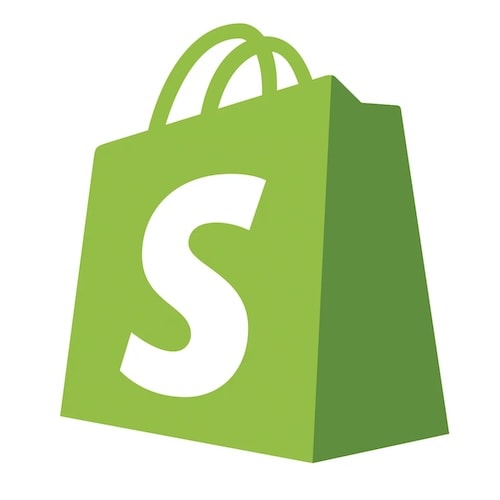
Shopify Plus
Shopify Plus is one of the leading ecommerce platforms for wholesalers. It offers a wide range of features, including bulk order management, price customization, automated payment processing, and customer portals. With Shopify Plus, you can easily manage your wholesale business and scale your operations as needed.

BigCommerce
BigCommerce is another popular ecommerce platform that offers a range of features for wholesalers. It allows you to easily manage your inventory, orders, and shipping, and it also offers custom pricing and payment options for your wholesale customers.

WooCommerce
WooCommerce is a popular ecommerce platform that is built on top of the WordPress content management system. It offers a range of features for wholesalers, including bulk order management, custom pricing, and payment options. With WooCommerce, you can easily manage your wholesale business and integrate it with your existing WordPress website.
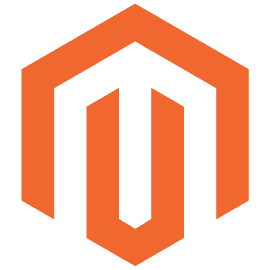
Magento
Magento is a powerful ecommerce platform that is designed for large-scale businesses. It offers a range of features for wholesalers, including custom pricing and payment options, bulk order management, and inventory management. With Magento, you can easily manage your wholesale business and scale your operations as needed.

Adobe Commerce
Adobe Commerce is a comprehensive ecommerce platform that offers a range of features for wholesalers. It includes a powerful inventory management system, custom pricing and payment options, and bulk order management. With Adobe Commerce, you can easily manage your wholesale business and integrate it with other Adobe products.

3dCart
3dcart is a popular ecommerce platform that offers a range of features for wholesalers. It includes custom pricing and payment options, bulk order management, and inventory management. With 3dcart, you can easily manage your wholesale business and scale your operations as needed.

Shift4Shop
Shift4Shop (formerly known as 3dcart) is another popular ecommerce platform that offers a range of features for wholesalers. It includes custom pricing and payment options, bulk order management, and inventory management. With Shift4Shop, you can easily manage your wholesale business and scale your operations as needed.

Alibaba
Alibaba is a popular online marketplace that connects wholesalers and manufacturers with buyers from around the world. It offers a range of products at competitive prices, and it also offers a range of tools for wholesalers, including bulk order management and custom pricing options.
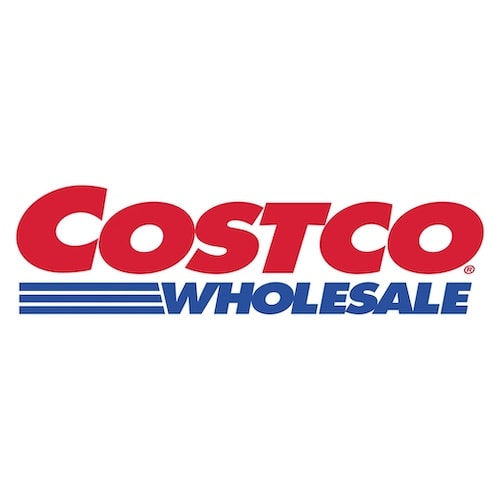
Costco
Costco is a popular wholesale retailer that offers a range of products at discounted prices. It offers a range of tools for wholesalers, including bulk order management and custom pricing options. With Costco, you can easily manage your wholesale business and access a wide range of products at competitive prices.
Features of the Best Wholesale Ecommerce Platforms
When it comes to selecting the best wholesale ecommerce platform, there are several features that we should consider. Here are some of the most important features that a good wholesale ecommerce platform should have:
User Experience
A good wholesale ecommerce platform should offer a user-friendly interface that makes it easy for users to navigate the site and find what they are looking for. The platform should also provide a seamless user experience across different devices, including desktops, laptops, tablets, and smartphones.
Customer Support
Customer support is crucial when it comes to wholesale ecommerce platforms. A good platform should offer multiple channels of customer support, including phone, email, and live chat. The support team should be knowledgeable, responsive, and able to resolve issues quickly and efficiently.
Scalability
A good wholesale ecommerce platform should be scalable and able to grow with your business. It should be able to handle large volumes of orders and traffic without any issues. The platform should also be able to integrate with other systems and software as your business grows.
Automation
Automation is another important feature of a good wholesale ecommerce platform. The platform should be able to automate tasks such as order processing, inventory management, and shipping. This can help save time and reduce errors.
Custom Pricing
A good wholesale ecommerce platform should offer custom pricing options for different customers. This can help you offer competitive pricing to your customers and increase sales.
Order Management
A good wholesale ecommerce platform should provide robust order management features. This includes the ability to manage orders, track shipments, and handle returns and refunds.
Self-Service Ordering Model
A self-service ordering model is another important feature of a good wholesale ecommerce platform. This allows customers to place orders online without the need for manual intervention.
Password-Protected
A good wholesale ecommerce platform should offer password-protected access to the site. This can help ensure that only authorized users can access the site and place orders.
Contract Pricing
Contract pricing is another important feature of a good wholesale ecommerce platform. This allows you to offer special pricing to customers who sign a contract with your business.
Product Exclusivity
A good wholesale ecommerce platform should allow you to offer exclusive products to certain customers. This can help you differentiate your business and increase customer loyalty.
Mobile-Friendly
A good wholesale ecommerce platform should be mobile-friendly. This means that the site should be optimized for viewing on mobile devices, including smartphones and tablets.
Payment Processing
A good wholesale ecommerce platform should offer secure payment processing options. This includes the ability to accept credit cards, PayPal, and other payment methods.
Key Features
Some other key features to look for in a good wholesale ecommerce platform include robust reporting and analytics, integration with third-party software, and the ability to customize the site’s design and layout.
Understanding B2B Customers
As a B2B ecommerce platform provider, we must understand the behavior and needs of our B2B customers. B2B customers are different from B2C customers in many ways. They are not individual consumers but rather businesses that buy products or services to support their operations.
B2B customers are usually looking for a long-term partnership with their suppliers. They want to work with reliable and trustworthy businesses that can provide them with quality products and services at competitive prices. B2B buyers are also more rational and logical in their decision-making process than B2C buyers. They are not driven by emotions or impulse purchases, but rather by practical considerations such as cost, quality, and reliability.
B2B ecommerce platforms should be designed to meet the unique needs of B2B customers. They should provide features such as bulk ordering, custom pricing, and easy reordering. The platform should also be easy to use and navigate, with clear and detailed product descriptions and images.
Private B2B ecommerce websites are also becoming increasingly popular among B2B customers. These websites are designed specifically for a company’s employees or approved customers, providing a more personalized and secure shopping experience.
Understanding B2B buyer behavior is essential for any B2B ecommerce platform provider. By understanding their needs and preferences, we can provide them with the best possible experience and build long-lasting relationships with potential business partners.
Role of Retailers in Wholesale Ecommerce
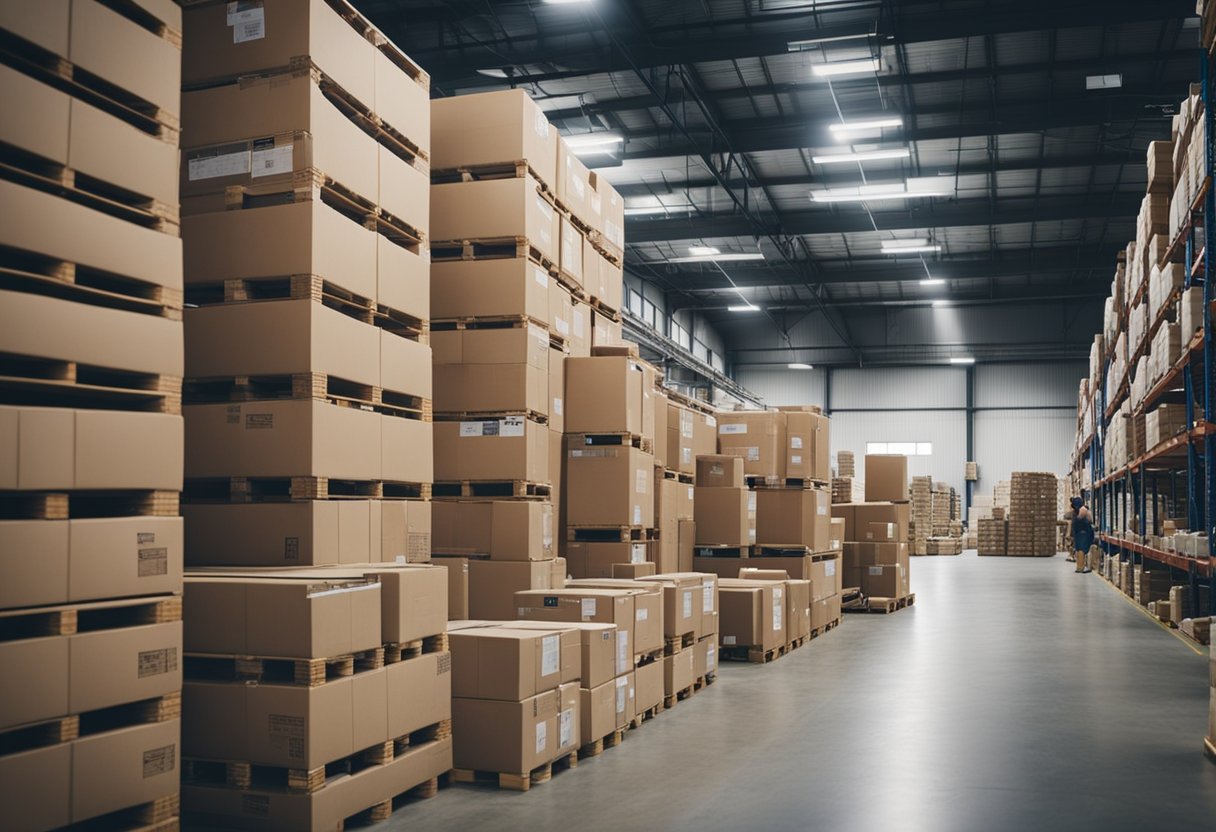
As a wholesale ecommerce platform, we understand the important role that retailers play in the buying process. Retailers are the intermediary between wholesalers and the end customers, they are the ones who are responsible for maintaining customer groups and ensuring customer retention.
Retail ecommerce businesses are constantly looking for ways to improve the buying experience for their customers, and wholesale ecommerce platforms can help them achieve this goal. By offering a wide range of products at competitive prices, retailers can attract more customers and increase their sales.
When it comes to ordering from a wholesale ecommerce platform, retailers have a few options. They can place orders directly through the platform, or they can use a third-party service to place orders on their behalf. Regardless of which option they choose, the buying process should be simple.
Customer reviews are also an important aspect of the buying experience. Retailers rely on customer feedback to make informed decisions about the products they offer. Wholesale ecommerce platforms can help retailers gather customer reviews by providing a platform for customers to leave feedback.
In conclusion, retailers play a crucial role in the wholesale ecommerce industry. They are responsible for maintaining customer groups, ensuring customer retention, and providing a positive buying experience for their customers. Wholesale ecommerce platforms can help retailers achieve these goals by offering a wide range of products at competitive prices, simplifying the ordering process, and providing a platform for customer reviews.
Payment Methods in Wholesale Ecommerce
When it comes to wholesale ecommerce, payment methods are crucial for both buyers and sellers. As a seller, it’s important to offer a variety of payment methods to accommodate your buyers’ preferences. As a buyer, it’s important to have a secure and convenient way to pay for your orders.
In wholesale ecommerce, payment processing is typically done through a payment gateway. A payment gateway is a third-party service that securely processes credit cards and other electronic payments. Some popular payment gateways for wholesale ecommerce include PayPal, Stripe, and Authorize.net.
It’s important to note that payment processing fees can vary depending on the payment gateway and the type of transaction. For example, credit card transactions typically have higher fees than ACH (Automated Clearing House) transactions. As a seller, it’s important to consider these fees when choosing a payment gateway and setting your prices.
In addition to credit card and ACH payments, some wholesale ecommerce platforms also offer other payment methods such as wire transfers, checks, and purchase orders. These payment methods may be more suitable for larger orders or for buyers who prefer to pay through their accounting departments.
Overall, offering a variety of payment methods and choosing a reliable payment gateway are key factors in successful wholesale ecommerce transactions.
Marketing and Promotion in Wholesale Ecommerce
When it comes to wholesale ecommerce, marketing and promotion are crucial to gaining visibility and attracting potential customers. As a wholesale business, we need to focus on outreach and building relationships with other businesses. Here are some strategies we can use to effectively market and promote our wholesale ecommerce platform:
Utilize Social Media
Social media is a powerful tool for marketing and promotion. We can use platforms like Facebook, Twitter, and LinkedIn to connect with potential customers and showcase our products. By sharing engaging content, such as product photos and videos, we can generate interest and drive traffic to our website.
Invest in Paid Advertising
While organic reach on social media can be limited, paid advertising can help us reach a wider audience. Platforms like Facebook and Google Ads allow us to target specific demographics and interests, ensuring that our ads reach the right people. By carefully managing our marketing spend, we can maximize our return on investment and generate more sales.
Leverage Video Content
Video content is becoming increasingly popular, and it can be a great way to showcase our products and build brand awareness. We can create product demos, tutorials, and other types of video content to engage our audience and demonstrate the value of our products.
Build Relationships with Influencers
Influencer marketing can be a powerful way to reach a wider audience and build brand credibility. By partnering with influencers in our industry, we can leverage their reach and influence to promote our products and attract new customers.
Overall, effective marketing and promotion are essential to the success of our wholesale ecommerce platform. By utilizing social media, investing in paid advertising, leveraging video content, and building relationships with influencers, we can drive traffic and generate more sales.
Order Fulfillment in Wholesale Ecommerce
In wholesale ecommerce, order fulfillment is a critical process that involves receiving, processing, and delivering orders to customers. It is the process of ensuring that customers receive their orders accurately and on time. Order fulfillment is an essential part of any ecommerce business, and it requires careful planning and execution to ensure that everything runs smoothly.
At our company, we understand the importance of order fulfillment in wholesale ecommerce. We have developed a streamlined process that ensures that orders are fulfilled quickly and accurately. Our process includes the following steps:
- Receiving and processing orders: We receive orders from our customers through our ecommerce platform. Our team then processes the orders, verifies the details, and prepares them for fulfillment.
- Storage and inventory management: We store the products in our warehouse, where we manage inventory levels to ensure that we have enough stock to fulfill orders. Our inventory management system tracks the quantity and location of each product in real time allowing us to fulfill orders quickly and accurately.
- Order picking and packing: Once an order is received, our team picks the products from the warehouse and packs them carefully to ensure that they are not damaged during transit.
- Shipping and delivery: We use reliable shipping carriers to deliver orders to our customers. Our system automatically generates shipping labels and tracking numbers, which are sent to the customer once the order has been shipped.
By following this process, we can ensure that our customers receive their orders quickly and accurately. Our order fulfillment process is designed to be efficient, reliable, and cost-effective, allowing us to provide our customers with the best possible service.
In conclusion, order fulfillment is a critical process in wholesale ecommerce. It requires careful planning, execution, and management to ensure that orders are fulfilled accurately and on time. At our company, we have developed a streamlined process that allows us to fulfill orders quickly and efficiently, providing our customers with the best possible service.
Advantages of Wholesale Ecommerce Platforms
Wholesale ecommerce platforms offer numerous advantages for businesses of all sizes. Here are some of the top benefits of using a wholesale ecommerce platform:
Diversify Your Business
Wholesale ecommerce platforms allow businesses to diversify their product offerings. By selling wholesale, businesses can offer a wider range of products to their customers, which can help attract new customers and retain existing ones.
Expand into New Markets
Wholesale ecommerce platforms also allow businesses to expand into new markets. By selling wholesale, businesses can reach new customers in different regions or even different countries. This can help increase sales and revenue for the business.
Repeat Business
Wholesale ecommerce platforms can also help businesses generate repeat business. By offering wholesale prices to customers, businesses can incentivize them to make larger purchases, which can lead to repeat business in the future.
Relationship Management
Wholesale ecommerce platforms also allow businesses to build and maintain relationships with their suppliers and customers. By using a wholesale platform, businesses can easily manage orders, track inventory, and communicate with their suppliers and customers.
Multiple Brands
Wholesale ecommerce platforms also allow businesses to sell multiple brands. This can help businesses attract customers who are interested in a variety of brands, and it can also help businesses build relationships with multiple suppliers.
Negotiate Prices
Wholesale ecommerce platforms also allow businesses to negotiate prices with their suppliers. By buying in bulk, businesses can often negotiate better prices, which can help increase profit margins.
Lower Capital Investment
Wholesale ecommerce platforms can also help businesses save money on capital investment. By selling wholesale, businesses don’t need to invest as much money in marketing and advertising, which can help reduce costs and increase profit margins.
Overall, wholesale ecommerce platforms offer numerous benefits for businesses of all sizes. By using a wholesale platform, businesses can diversify their product offerings, expand into new markets, generate repeat business, and build relationships with their suppliers and customers.
Pricing Strategies in Wholesale Ecommerce
When it comes to wholesale ecommerce, pricing strategies play a crucial role in determining the success of a business. As a wholesale ecommerce platform, we understand the importance of offering competitive prices that attract customers and encourage repeat business. In this section, we will discuss some of the most effective pricing strategies in wholesale ecommerce.
Cost-Plus Pricing Model
One of the most popular pricing strategies in wholesale ecommerce is the cost-plus pricing model. This strategy involves calculating the total cost of a product and adding a markup to determine the final price. The markup is typically a percentage of the total cost and is determined by the business owner. The advantage of this pricing model is that it ensures that the business covers all its costs while still making a profit.
Tiered Pricing
Tiered pricing is a pricing strategy that involves offering different prices for different quantities of a product. This strategy is particularly effective in wholesale ecommerce as it encourages customers to purchase larger quantities to avail of discounted rates. For example, a business may offer a 5% discount for orders of 100 units or more and a 10% discount for orders of 500 units or more.
Contract Pricing
Contract pricing is a pricing strategy that involves negotiating prices with customers on a case-by-case basis. This strategy is particularly effective for businesses that deal with large customers or corporate clients. Contract pricing allows businesses to offer customized pricing based on the specific needs of the customer, which can help build long-term relationships and encourage repeat business.
Fees
In addition to pricing strategies, it’s also important to consider fees when setting prices in wholesale ecommerce. Common fees include shipping fees, handling fees, and transaction fees. It’s important to factor in these fees when determining the final price of a product to ensure that the business remains profitable.
In conclusion, pricing strategies play a crucial role in the success of a wholesale ecommerce business. By implementing effective pricing strategies such as cost-plus pricing, tiered pricing, and contract pricing, businesses can attract customers and encourage repeat business. Additionally, it’s important to factor in fees when setting prices to ensure that the business remains profitable.
Frequently Asked Questions

What are some popular B2B ecommerce platforms for wholesale businesses?
There are several popular B2B ecommerce platforms for wholesale businesses such as Shopify Plus, BigCommerce, WooCommerce, Magento, and Volusion. These platforms offer a range of features and integrations that cater specifically to the needs of wholesale businesses.
What are the key features to look for in a wholesale ecommerce platform?
When choosing a wholesale ecommerce platform, it’s important to look for features such as customizable pricing and discounts, inventory management, order tracking, shipping and fulfillment, and integration with accounting software. Additionally, it’s important to consider the platform’s scalability, security, and customer support.
Which wholesale ecommerce platforms offer the best pricing and fees?
The pricing and fees of wholesale ecommerce platforms vary depending on the platform and the features offered. Some platforms may charge a monthly fee, while others may charge a transaction fee. It’s important to compare the pricing and fees of different platforms and choose the one that best fits your business needs and budget.
What are some examples of successful wholesale websites for small businesses?
Some successful wholesale websites for small businesses include Faire, Handshake, Tundra, and Abound. These platforms offer a range of products from various suppliers and provide a user-friendly interface for buyers to browse and purchase products.
How do I choose the right wholesale ecommerce platform for my business?
Choosing the right wholesale ecommerce platform for your business requires careful consideration of your business needs and goals. It’s important to research and compare different platforms based on their features, pricing, and customer support. Additionally, it’s recommended to try out different platforms through free trials or demos before making a final decision.
Can you recommend any wholesale platforms similar to Faire?
Some wholesale platforms similar to Faire include Handshake, Tundra, Abound, and Alibaba. These platforms offer a range of products from various suppliers and provide a user-friendly interface for buyers to browse and purchase products. It’s important to compare the features and pricing of different platforms and choose the one that best fits your business needs and budget.




